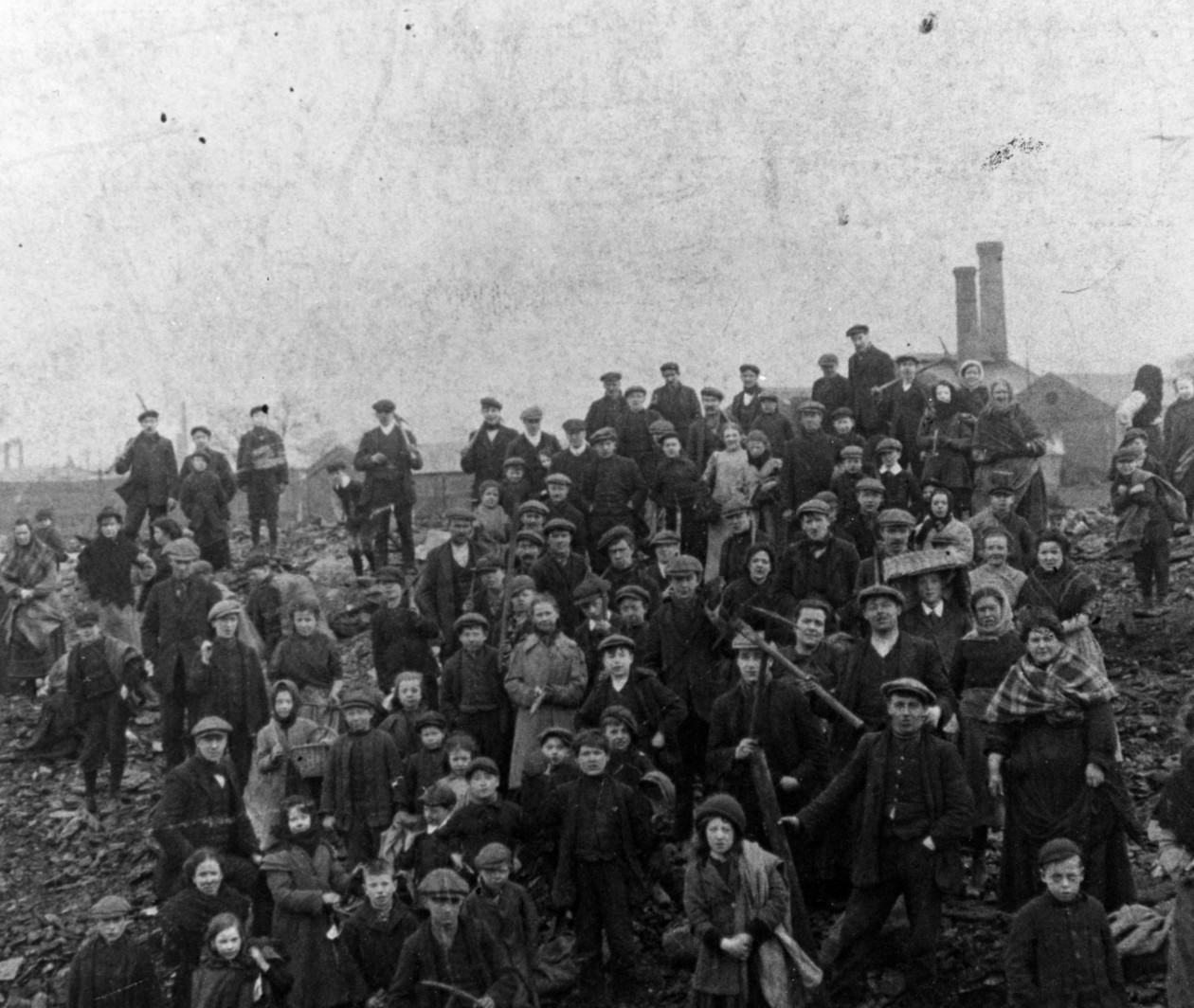Skip to 0 minutes and 14 seconds Hello. I’m David and I’m the Assistant Curator at the National Mining Museum Scotland. Together with the National Coal Mining Museum of England and the Big Pit in South Wales we are delighted to be working with Kirstie and Arthur on this MOOC. Over this course we’re going to look at four different groups of workers. So we’ll start with the colliers, the men who worked at the coal face. Then we’ll focus on children and young people. After that, we’re going to consider surface workers, many of whom were women. And we’re going to end by considering
Skip to 0 minutes and 54 seconds a very important figure in mining history: the trades unionist. Our interests are the meaning of work, the significance of work and we try to explore that. So that will involve us thinking about the pitfalls, the downside of work as well as the joy and the satisfactions of work. So it’s a course about labour, about work and about working-class communities.

